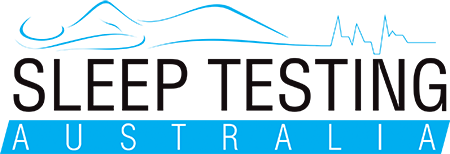How do I treat Obstructive Sleep Apnea?
CPAP Therapy – This is the most widely prescribed therapy for treating obstructive sleep apnea.
CPAP stands for continuous positive airway pressure, and the therapy is delivered via a CPAP mask that connects to a CPAP device. CPAP therapy is still considered the ‘gold standard’ in obstructive sleep apnea therapy and is extremely low risk, non-invasive, and easy to use therapy option. CPAP therapy is effective for all severities of obstructive sleep apnoea. It is recommended that CPAP trial is done before purchasing a devise for long term use.
Dental Splints – Mandibular Advancement Splints are an alternative therapy to CPAP that can effectively treat mild-moderate sleep apnoea.
Mandibular Advancement Splints (MAS) or dental splints need to be fitted by a dentist that specialises in MAS and is overseeing the treatment. While this option is suitable for some people, it is important that the effectiveness of the treatment is assessed through a follow-up sleep test.
Provent Therapy can be an effective treatment option for simple snoring and mild to moderate sleep apnoea.
Provent therapy has patients apply a self-adhesive valve over each nostril. The valves apply a small resistance on exhalation which can help open the upper airway during sleep. This therapy is not effective in some patients and should be considered for suitability alongside traditional forms of therapy such as CPAP or dental splints. Sleep Testing Australia provides studies that can assess the effectiveness of this therapy.
Behavioural Modifications
Obstructive Sleep Apnea (OSA) is worsened by a number of modifiable factors. People with OSA can employ these behavioural changes to help reduce the severity of their condition.
Avoid Excess Alcohol
Making sure to avoid excessive alcohol intake (especially in the evening). Too much alcohol dehydrates you which can dry up and block your sinuses. Further, your muscles are less supported during sleep and typically you will spend less time in protective ‘Slow Wave Sleep’. All of the factors worsen OSA.
Avoid sleeping on your back
OSA is generally worse when you are sleeping on your back. Your doctor or clinician might recommend ‘positional therapy’ to help control your OSA. This simply means ‘don’t sleep on your back’. Devices exist that help keep you off your back and are available to buy from any of our clinics or online.
